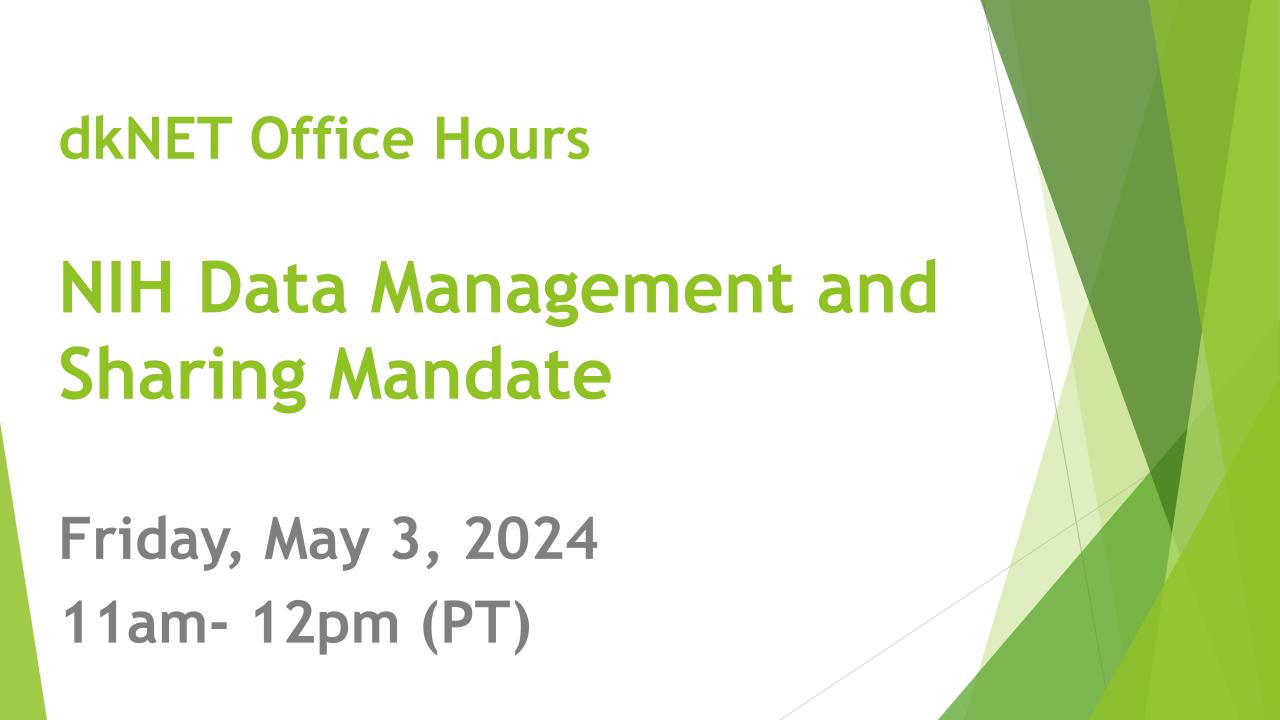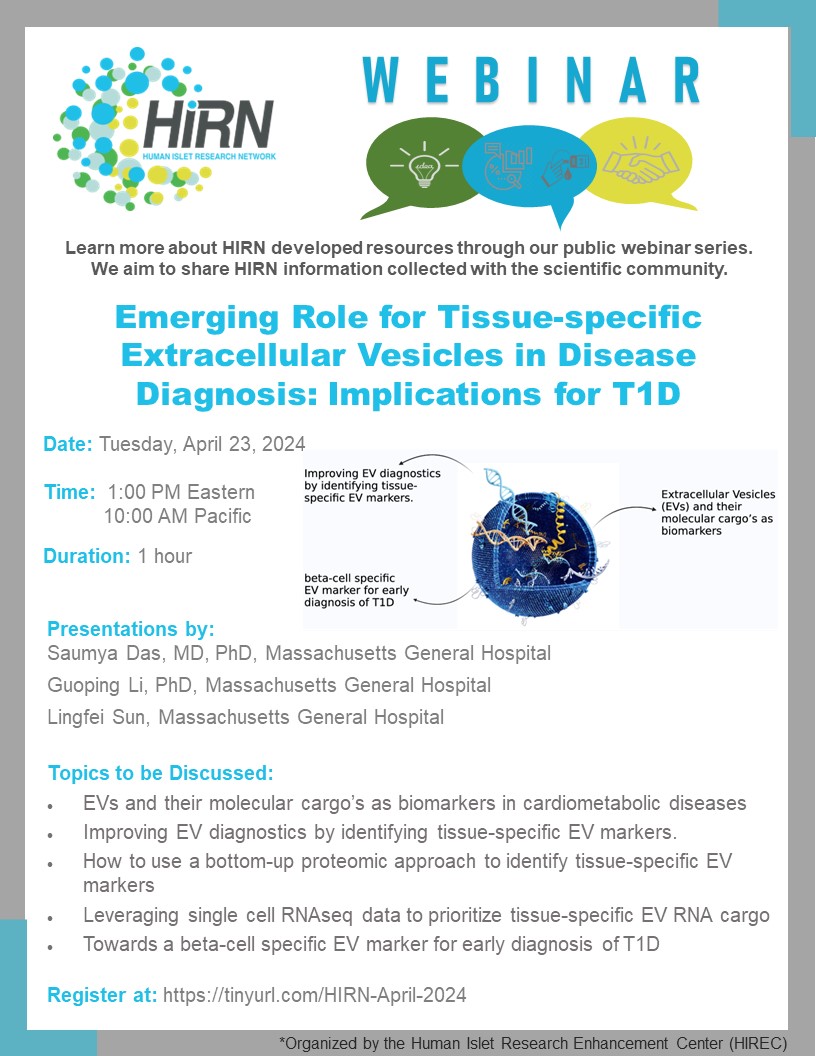Leaving Community
Are you sure you want to leave this community? Leaving the community will revoke any permissions you have been granted in this community.
Introducing the dkNET Pilot Project: AI/ML Computational Platform Powered by Texera
Welcome to the future of research and discovery! dkNET has launched a pilot project, an AI/ML computational platform designed to assist NIDDK researchers in developing hypotheses and utilizing new AI/ML techniques. The new platform will empower researchers to perform a diverse range of bioinformatics analytical tasks easily. The new AI/ML computational platform is powered by Texera, which supports collaborative data analysis to bridge the gap between computational scientists and biomedical bench researchers.
Texera (screen capture below) facilitates interdisciplinary collaboration among researchers from different backgrounds. Real-time updates on users’ status and activities create an environment of effective collaboration. Whether you are working individually or as part of a team, the new AL/ML computational platform will enhance research capabilities and drive impactful discoveries.
Texera offers several strengths that lower barriers for NIDDK researchers to utilize state-of-the-art AI/ML techniques and support multiple data modalities. These strengths include:
- Collaborative functionalities: The system supports powerful features such as shared editing, shared execution, version control, commenting, and debugging.
- Scalability: The engine of the system is makes it capable of handling large amounts of data and computationally expensive tasks.
- Multi-Language support: Texera supports multiple script languages such as Python and R, enabling NIDDK researchers to leverage machine learning capabilities within their data analytics workflows. This flexibility accommodates different programming preferences and facilitates the adoption of advanced AI/ML techniques.
- Elasticity and reproducibility: Texera ensures the computing platform's elasticity, allowing it to adapt to various computational needs. This scalability feature ensures that researchers can efficiently handle large datasets and complex analyses. Additionally, Texera promotes reproducibility by providing mechanisms to reproduce and replicate analyses, ensuring reliable and consistent results.
Please check the latest blog about using Texera to perform single-cell RNA sequencing analysis with R Language.
We have created a few use cases for you to explore and experience the full potential of the dkNET pilot project. To get started, we invite you to fill out a Google Form indicating your interest. Let us know which specific data types you plan to work with and the use cases that you are interested in exploring. This will ensure that you make the most out of this new platform.




